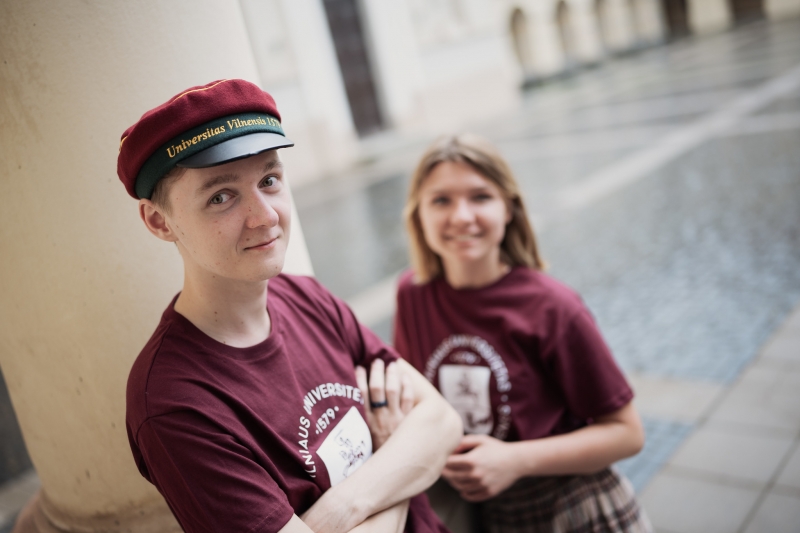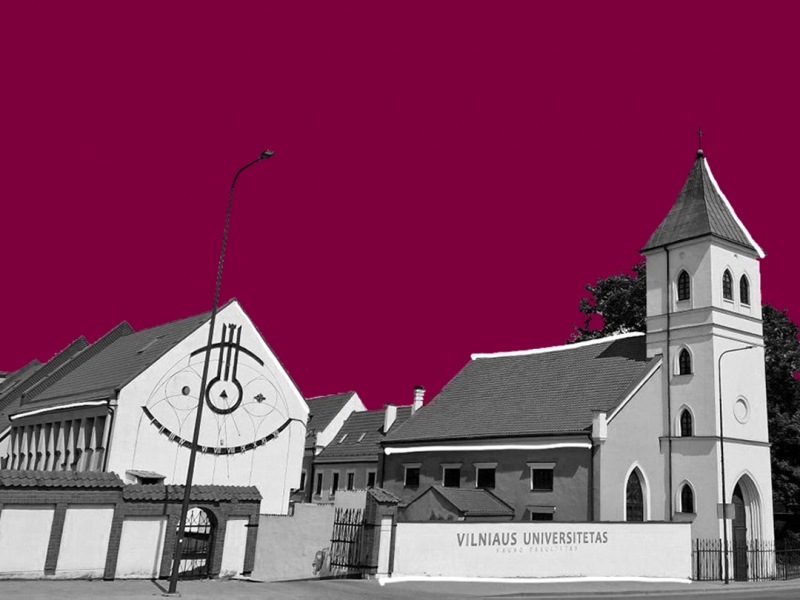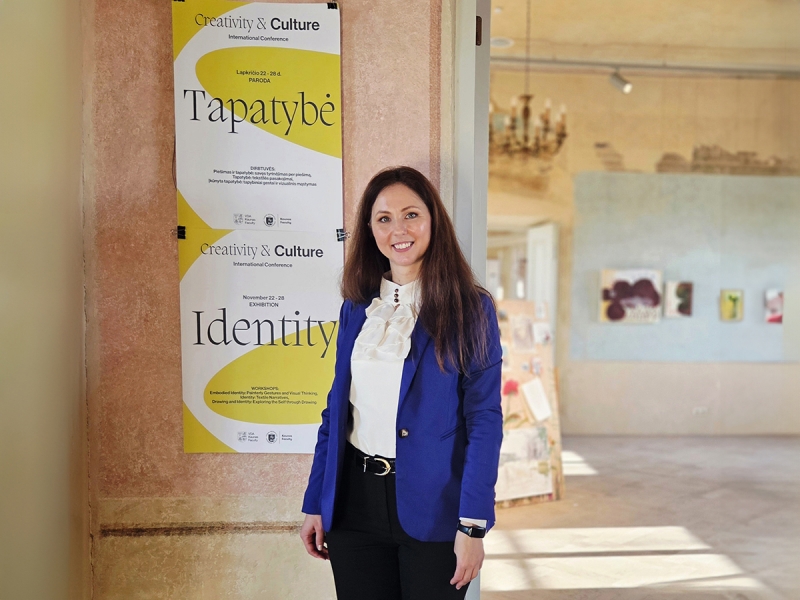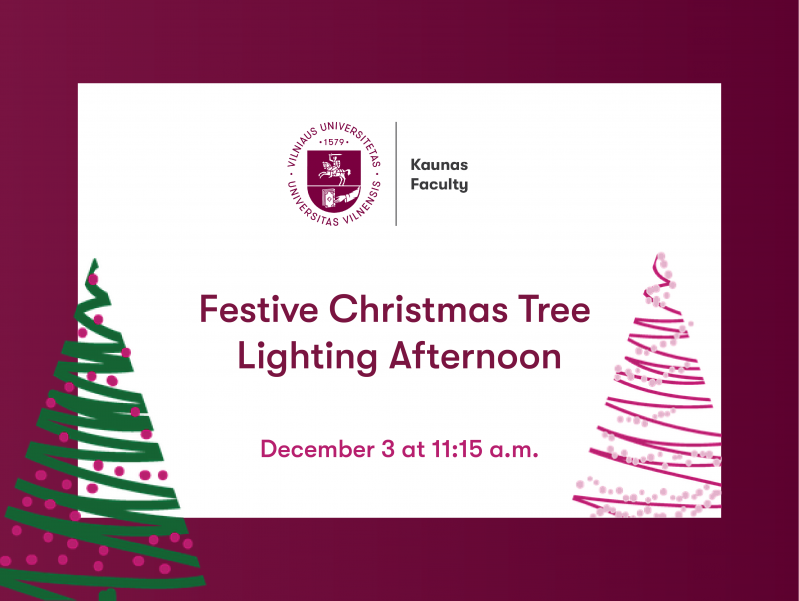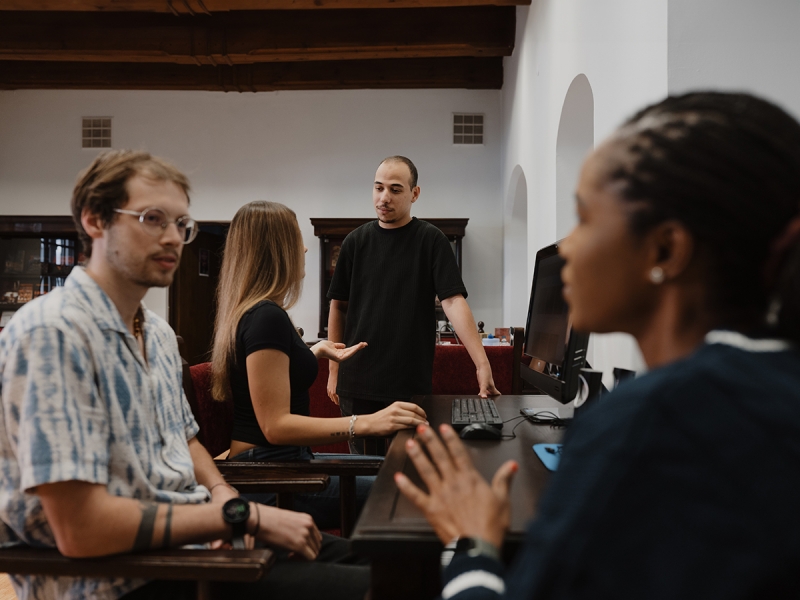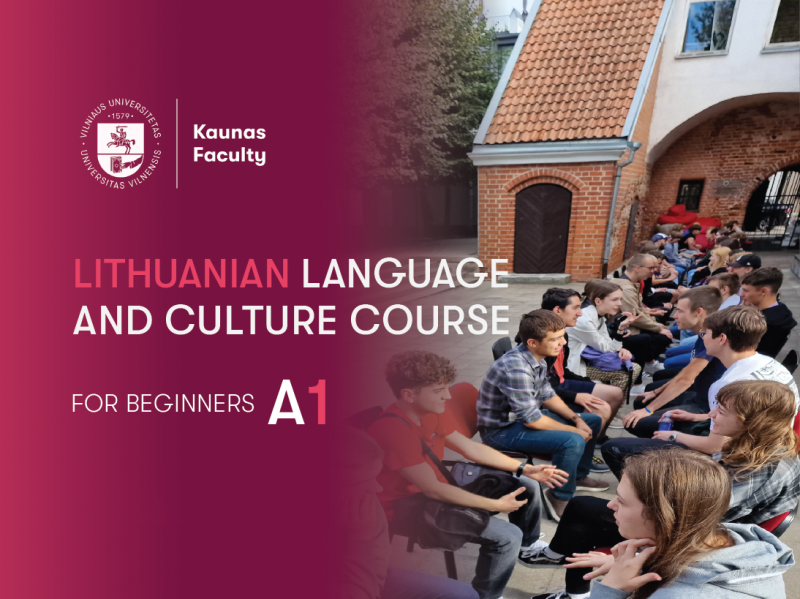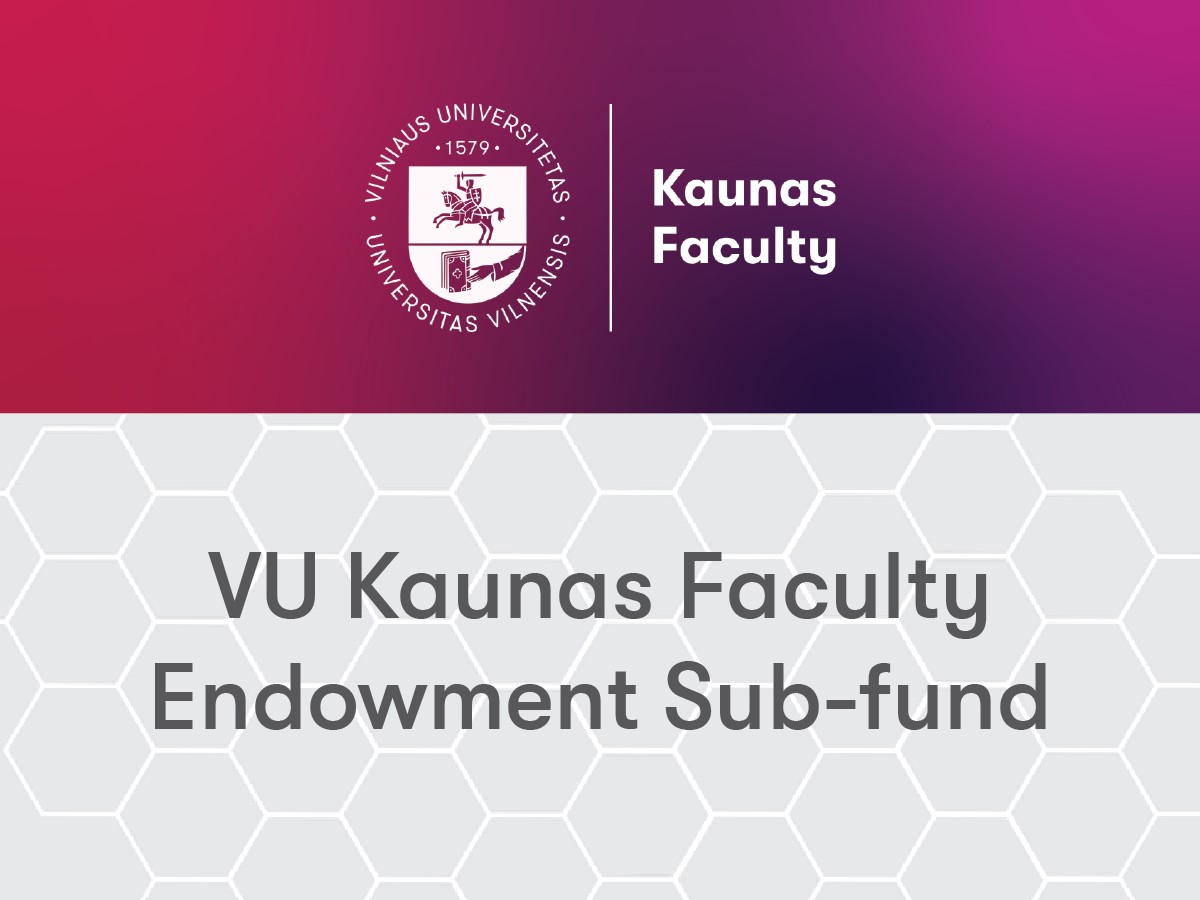Schedule
THURSDAY, 28 NOVEMBER
(Room: Auditorium X)
11.00 INTRODUCTION
11.30-12.45 PANEL 1. Local perspectives
Nicola Belli (Kaunas University of Technology). INTER-BLOC MODERNISM: STATE AND ARCHITECTURE IN POST-WAR EUROPE
Lijana Natalevičienė (Lithuanian Culture Research Institute). FROM MARGINIAI COOPERATIVE TO THE DAILĖ MANUFACTORY: THE ROLE OF ETHNIC DESIGN IN THE SYSTEM OF STATE IDEOLOGY
12.45-14.00 LUNCH
14.00-15.00 KEYNOTE.
Javier Gimeno-Martínez (VU Amsterdam)
DESIGN AND THE STATE: PARADOXES BETWEEN THE PUBLIC AND THE PRIVATE.
15.00- 15.30 COFFEE BREAK
15.30-17.30 PANEL 2. Design and state
Marie McLoughlin (University of Brighton). PARIS FASHION AND BRITAIN’S WARTIME GOVERNMENT
Jesse O’Neill (The Glasgow School of Art). THE DESIRE FOR DESIGN IN 1960S SINGAPORE
Erica Morawski (Pratt Institute). LOCATING INDUSTRIAL DESIGN IN CASTRO’S CUBA: A DIFFERENT TYPE OF INDUSTRIAL REVOLUTION
18.00-20.00 DINNER
FRIDAY 29 NOVEMBER
(Room: Auditorium X)
10.00-11.15 PANEL 3. Individual within creative economies
Sarah-Mary Geissler (University of Brighton). THE COSTUMER AS HISTORIAN: INTERPRETING AND EMBODYING THE PAST THROUGH HISTORICAL COSTUME.
Courtney Schum (University of Bristol). HANGING THREADS: THE QUESTION OF GENDER, ART, AND CRAFT IN REBECCA CROMPTON’S EMBROIDERY
11.00-11.45 COFFEE BREAK
11.45-12.45 KEYNOTE.
Guy Julier (Aalto University)
THE BODY POLITIC OF DESIGN IN THE AGE OF DISORGANISED CAPITALISM
12.45-14.00 LUNCH
14.00-15.15 PANEL 4. New approaches in creative industries
Huriye Armağan Doğan (Kaunas University of Technology). ORNAMENTS IN ARCHITECTURE
Keneilwe Munyai (University of Cape Town). AN AFRICAN APPROACH TO CREATING CHANGE USING THE HUMAN-CENTERED APPROACH
15.15-15.30 COFFEE BREAK
15.30-16.45 PANEL 5. Transnational perspectives
Enya Moore (University of Technology Sydney). CREATIVE EXCHANGE: TRANSNATIONAL NETWORKS AND THE CONTEMPORARY DESIGN FESTIVAL
Elise Hodson (Aalto University). BEYOND ‘MADE IN’ – PRODUCT DESIGN AND THE GLOBAL FRAGMENTATION OF PRODUCTION
16.45-17.45 ROUNDTABLE AND DISCUSSION
17.45-18.00 CLOSING WORDS
FRIDAY 29 NOVEMBER
“Making and shaping art in creative economies and industries”
STRAND 1. (Room: Biržiškos kabinetas)
9.00-10.30 PANEL 1. Management
Cristian Frattima (Vilnius University). BAUMOL’S COST DISEASE: INCURABLE LEVIATANIC PATHOLOGY?
Ugnė Pavlovaitė (Vilnius University). MANAGEMENT OF ART PLATFORMS. BIENNIAL OF CONTEMPORARY ART: FROM EXHIBITION TO PLATFORM.
Dovilė Balevičienė, Greta Gečaitė (Vilnius University). CULTURAL DIVERSITY MANAGEMENT IN INTERNATIONAL CULTURAL PROJECTS
Rūta Jančiulytė (Vilnius University). MODELS OF ART PRODUCT VALUE CREATION IN ARTIST-IN-RESIDENCIES
10.30-10.45 COFFEE BREAK
10.45-12.15 PANEL 2. Tourism and hospitality
Sergii Ivanov (National Academy of Management Personnel of Culture and Arts). INFLUENCE OF HOSPITALITY PRACTICE ON THE DEVELOPMENT AND FORMATION OF A TERRITORIAL BRAND
Virginija Jurėnienė (Vilnius University). GENTRIFICATION: LOCAL (URBAN) IMAGE DEVELOPMENT INSTRUMENT WHILE CARRYING OUT CULTURAL/CREATIVE TOURISM
Gnat Zhelikhovskyy (Igor Sikorsky Kyiv Polytechnic Institute). ECOTOURISM MANAGEMENT
12.15-13.15 LUNCH
10.45-12.15 PANEL 3. Development and creating new value
Ilona Kiaušienė, Asta Mikalauskienė (Vilnius University). SUSTAINABLE DEVELOPMENT GOALS AND CULTURE
Aurelija Kuizinaitė (Vilnius University). THE IMPACT OF CULTURAL EVENTS AS THE PLANNING FACTOR OF A CITY’S CULTURAL TOURISM DEVELOPMENT
Diana Sutkutė (Vilnius University). CREATION OF VALUE IN CULTURAL ORGANIZATIONS BY VOLUNTEERING
14.45-15.15 COFFEE BREAK
15.15-16.45 PANEL 4. Organisations and institutions
Adelė Mikalkėnienė (Vilnius University). THE PECULARITIES OF COMMUNICATION IN THE MANAGEMENT OF A MUSICAL COLLECTIVE. VILNIUS UNIVERSITY KAUNAS FACULTY FEMALE CHOIR VENI GAUDERE MANAGEMENT CASE
Dovilė Peseckienė (Vilnius University). CONSUMER EXPECTATIONS IN VISUAL ART INSTITUTIONS
Skaistė Jurėnė (Vilnius University). CULTURAL ORGANIZATIONS AUDIENCE ENGAGEMENT MAP
16.45-17.00 CLOSING WORDS
STRAND 2. (Room: doc. J. Jasaičio room)
9.00-10.30 PANEL 5. Cultural politics
Agnė Burovienė (Vilnius University). THE ADJUSTMENT OF SOCIAL MARKETING TOOLS TO THEATRE PRODUCT CONSUMERS WITH HEARING IMPAIRMENT
Ingrida Griesienė (Vilnius University). ART ORGANIZATIONS’ COLLABORATION DEVELOPMENT BASED ON RELATIONSHIP MARKETING
Virginija Jurėnienė (Vilnius University). CULTURE AS THE FOURTH ELEMENT OF SUSTAINABLE DEVELOPMENT AND CULTURAL POLITICS
10.30-10.45 COFFEE BREAK
10.45-12.15 PANEL 6. Perspectives on culture
Svitlana Gutkevych (National University of Food Technologies). PECULIARITIES OF RURAL GREEN TOURISM DEVELOPMENT
Кhrystyna Kramarchuk (Lviv Polytechnic National University). POLAR SUBSTITUTES FOR ARCHETYPAL STRUCTURES OF THE ENVIRONMENT AS A MANIFESTATION OF THE POLICY OF TOTALITARIANISM OF SOVIET POWER
Stepan Dychkovskyy (National Academy of Management Personnel of Culture and Arts). CULTURAL TOURISM TRENDS IN THE CULTURAL BRANDING PARADIGM
12.15-13.15 LUNCH
10.45-12.15 PANEL 7. Tourism and local value
Sofia Fabiani (University of Parma). AUCTIONS AND THEIR APPLICATION TO THE TOURISM SECTOR
Miglė Sarvutytė-Gailiūnienė (Vilnius University). THE IMPORTANCE OF CULTURE IN THE NATIONAL ECONOMY THROUGH MODEL ASSESSMENT: THE CASE OF LITHUANIA
Aušra Liaukevičienė (Vilnius University). IMPACT OF THE GENTRIFICATION PROCESS ON THE CREATION OF ADDED VALUE IN URBAN SPACES
14.45-15.15 COFFEE BREAK
15.15-16.15 PANEL 8. Art and business
Eglė Dmukauskaitė (Vilnius University). APPLICATION OF A BUSINESS DEVELOPMENT MODEL IN A CREATIVE COLLABORATION HUB
Gintarė Žaltauskaitė (Vilnius University). CORPORATE IMAGE MANAGEMENT IN CULTURAL ORGANISATION
SPECIAL EVENTS
Thursday 28 November
(Room: Vaizdo konferencijų studija)
15.30-17.00 Book presentation. Sabahudin Hadžialić
Friday 29 November
(Room: Vaizdo konferencijų studija)
9.30-11.00 WORKSHOP: Exhibiting local culture through objects
Saturday 30 November
(Meeting in front of Soboras, Nepriklausomybės a. 14)
10.30-15.00 WORKSHOP: Kaunas. Design and architecture
(Limited places, registration necessary)
Keynote speakers and committee
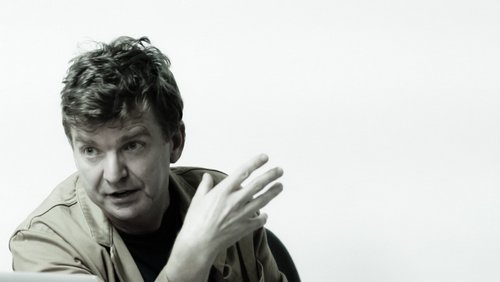 |
|
 |
|
Guy Julier is Professor of Design Leadership and Head of Research in the Dept. of Design at Aalto University, Finland where he works with researchers and students to investigate post-capitalist and hybrid design practices and possibilities. In 2019 he was Commissioner of 'Everyday Experiments', the Finnish Pavilion for the XXII Triennale di Milano, an exhibition highlighting institutions and communities who explore new configurations of sustainability and equality. His most recent book, Economies of Design (2017), provides an analysis of the multiple roles of design in the contexts of contemporary, neoliberal orthodoxies and beyond. Other books include The Culture of Design (3rd revised edition 2014), the Thames & Hudson Dictionary of Design since 1900 (3rd revised edition 2005) and New Spanish Design (1991). Guy Julier is also a co-editor of Design and Creativity: Policy, Management and Practice (2009) and Design Culture: Objects and Approaches (2019). Before moving to Finland in 2018, he was the Victoria and Albert Museum/University of Brighton Principal Research Fellow in Contemporary Design.
|
|
Javier Gimeno-Martínez is Assistant Professor at the Vrije University Amsterdam where he runs the MA in Design Cultures. He is a researcher and a member of the International Committee for Design History and Design Studies (ICDHS). He got his PhD in 2006 from the KU Leuven, was a visiting scholar in the department of Design History at the Royal College of Art for the year 2009–2010 and a member of the editorial board of the Journal of Design History between 2008 and 2012. His research has been published in academic journals such as The Burlington Magazine,Design Issues and Urban Studies. He is author of the book Design and National Identity (Bloomsbury Academic, 2016).
|
Scientific committee:
Guy Julier (Aalto University)
Javier Gimeno-Martínez (Vrije University Amsterdam)
Virginija Jurėnienė (Vilnius University)
Jette Lykke Jensen (University of Southern Denmark)
Joana Ozorio de Almeida Meroz (Vrije University Amsterdam)
Jesse O’Neill (Glasgow School of Art)
Katarina Serulus (Katholieke Universiteit Leuven)
Organisational committee:
Triin Jerlei
Dovilė Balevičienė
Virginija Jurėnienė
Ugnė Pavlovaitė
This symposium was supported by the European Union structural funds under Grant 09.3.3-LMT-K-712-08-0001.
Registration
Event is free of charge
Register
Practical Information
The symposium takes place in Kaunas, Lithuania’s second largest city. Kaunas has around 300 000 inhabitants and is located at the confluence of the two largest Lithuanian rivers, the Nemunas and the Neris. The interwar architecture, an amazing example of Art Déco, has received the European Heritage Label and the city is designated as a UNESCO City of Design. In 2022 Kaunas will serve as the European Capital of Culture.
Reaching Vilnius University Kaunas Faculty
Vilnius University Kaunas Faculty is located at Muitines gatve 8, in the Old Town. The nearest bus stops are Vilniaus gatve and Karaliaus Mindaugo Prospekta.
MAP
Getting to Kaunas
Kaunas has a small city airport which is easy to reach from city center, either by public transportation (bus no 29) or by taxi. There are direct flights to the United Kingdom, Denmark, Norway, Finland, Poland, Italy, Spain, Ireland and Netherlands. Alternatively it is easy to reach Kaunas from Vilnius airport.
From Vilnius:
From Vilnius Airport there are direct flights to UK, France, Netherlands, Belgium, Spain, Germany, Ireland, Italy, Austria, Norway, Sweden, Finland, Denmark, Estonia, Latvia, Poland, Ukraine, Russia, Belarus, Malta, Israel, Georgia, Cyprus, Morocco, Jordan and Turkey. The aiport is centrally located and easy to reach bus station or train station, which are located side-by-side. The fastest way is by minibus Toks, which leaves every 20-30 minutes and takes approximately 10-15 minutes to reach bus station. Ticket can be purchased from the driver and costs 2 euros. Schedule can be found here: https://toks.lt/en/marsrutai/airport-express/
Public buses 1 and 2 also connect the airport and train station. Ticket costs 1 euro and can be bought from the driver. Journey takes around 20 minutes.
Trains to Kaunas: Train is the most comfortable way to reach Kaunas from Vilnius, although they do not run very frequently. Schedule can be found here: https://www.traukiniobilietas.lt/portal/en .
Ticket prices range between 4.80 and 6.60 euros. Tickets can either be bought from the ticket office at the train station or on board the train (with a 1.50 euro service charge).
Buses to Kaunas: There are buses between the two cities every 15-20 minutes. Schedules can be found here: https://www.autobusubilietai.lt/?lang=0 .
Prices are around 7 euros, tickets can be purchased directly from the driver or from the ticket machines inside the bus station. The most comfortable bus companies are Kautra and Toks, both of which have WiFi on board.
From Kaunas bus or train station to the city centre: Walking from the bus or train station in Kaunas to the Old Town takes around 20-30 minutes.
There are frequent buses and trolley buses. The bus stop to get to Old Town from the bus station is in front of the station building; to reach Old Town by public transport from the train station one must cross the road through the tunnel in front of the station building, exiting through the righthand exit.
Information about public transport: https://www.stops.lt/kaunas/#kaunas/map/en . The easiest is to choose a trolleybus, as almost all of them (except number 4) go from the station to the Old Town. The most central stop is Vilniaus gatve. Tickets can be bought from the driver for 1 euro.
For using taxi services, the easiest is to use an app, either Uber or the locally popular system Bolt.
Kaunas is also a bicycle-friendly city. For renting a bicycle you can either use the DROPBYKE application or Citybee.
Making and shaping art in creative economies and industries
Within the international symposium “Making and shaping things in creative economies” an event is dedicated to the study of art and culture within local creative economies and industries. The aim is to research the ways art is managed and organised with different strategies, processes and policies. Instead of focusing solely on the content of policies, politics and management, it creates a wider debate within the framework of culture, creativity and economy. The event looks at the impact that the specific policies and individuals, organisations or institutions behind them have. Thee focus is on specific case studis to develop a discussion between academics, students and practitioners.
“Making and shaping art in creative economies and industries” focuses on creative industries in Lithuania and in nearby regions, to create a platform for the recontextualization of the relationship between local creative industries. The presenters come from a range of backgrounds, disciplines and organisations to discuss on a common problem: how to contextualise, study and manage local contemporary creative economies? Subjects include a variety of topics from past to present and future.
Workshop: Exhibiting local culture through objects
Exhibiting local culture through objects
It is our pleasure to invite local professionals of working in galleries, museums and other related fields for a day of discussion on the subject of local identity and the way this identity is shaped in museum sectors through design – be those objects the exhibits, objects used in the design of the exhibitions or souvenirs, catalogues and other commercial products. The event focuses on the question: what is the role of objects in creating a local identity? How is local design introduced in museums? How to exhibit applied objects? How to explain interiors and use them for a discussion of a wider cultural context? How to produce and sell meaningful souvenirs? What are the possible perspectives of design exhibitions and design of exhibitions in future Kaunas? Lithuania? Baltic region?
The intention of this workshop is to contextualize the mediation of local design through exhibition culture. The target group is museum professionals working with material culture.
While design is the main focus of this workshop, a major task of the event is to discuss the inclusion of design and craft objects into museums and galleries working in neighboring fields: art, history, literature etc. The event consists of a lecture by Triin Jerlei, PhD, and a discussion on the experiences of other regions with an exchange of ideas how to use these experiences in local context.
This workshop takes place on 29 November, 9.30-11.00 during the international symposium
“Making and shaping things in creative economies. From history to present day”, hosted by Vilnius University 28-30 November. Participants are also warmly welcome to attend other events of the symposium.
Event is free of charge and participants will receive a formal certificate of attendance, issued by the Vilnius University. Working language is English.
Please register by November 24 by e-mailing .
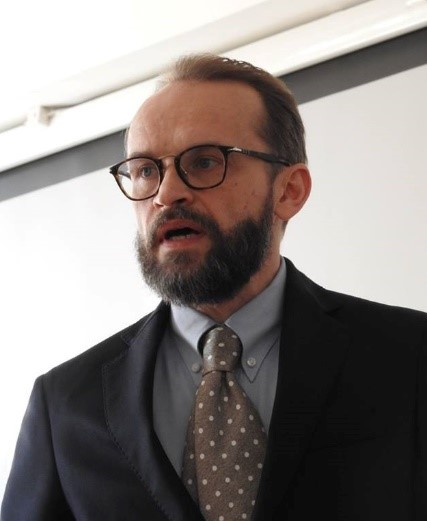 Łukasz Bogucki
Łukasz Bogucki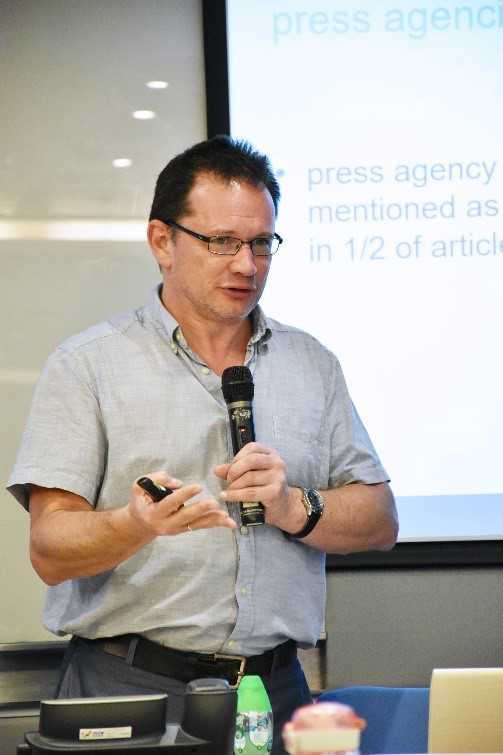 Luc van Doorslaer
Luc van Doorslaer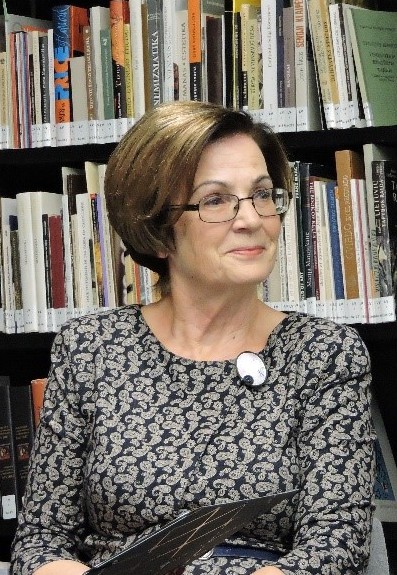 Danguolė Mikulėnienė
Danguolė Mikulėnienė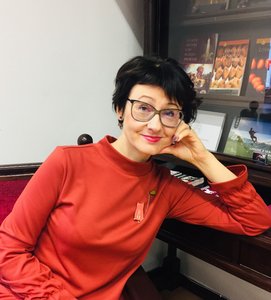 Daiva Aliūkaitė
Daiva Aliūkaitė 